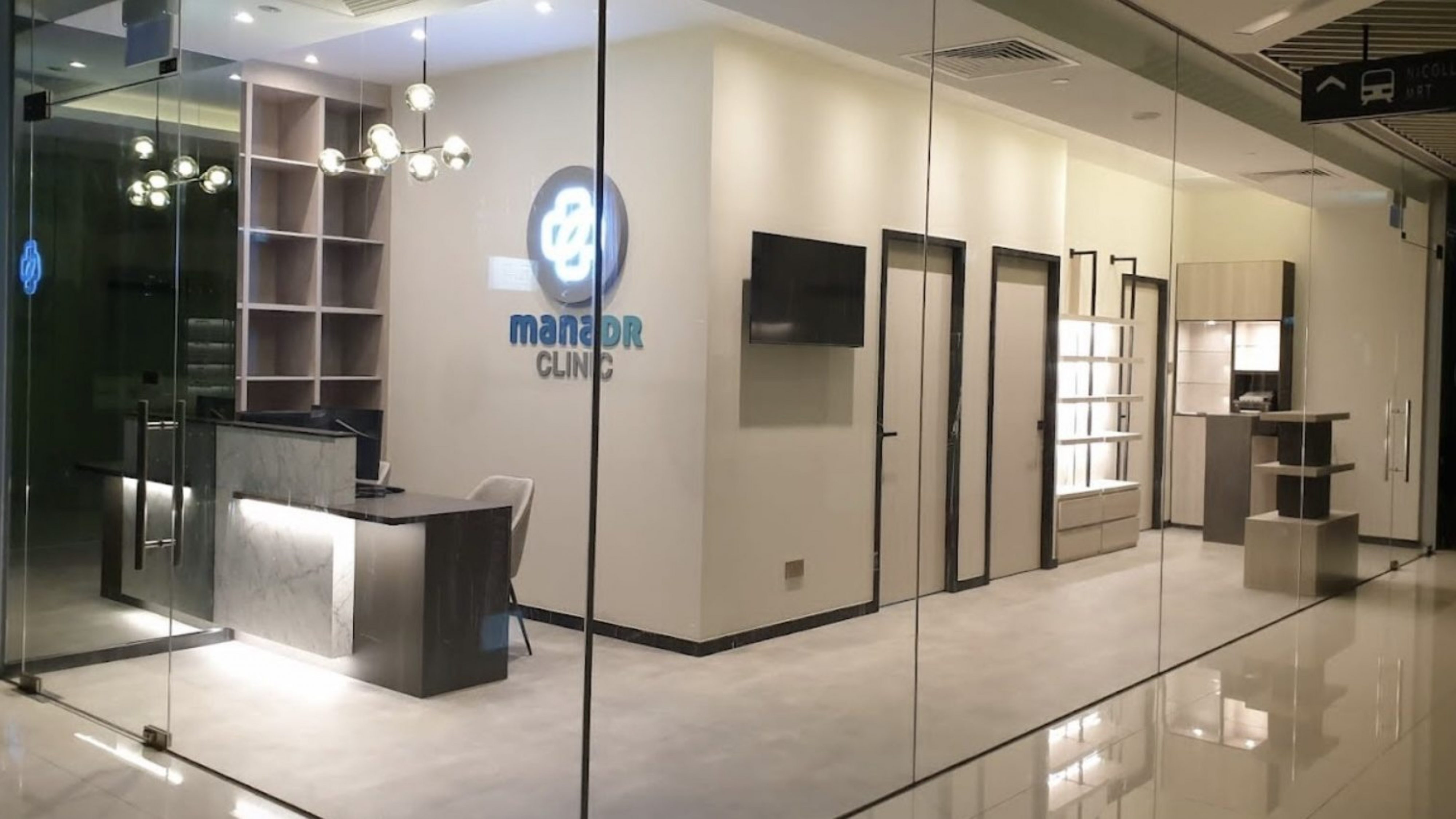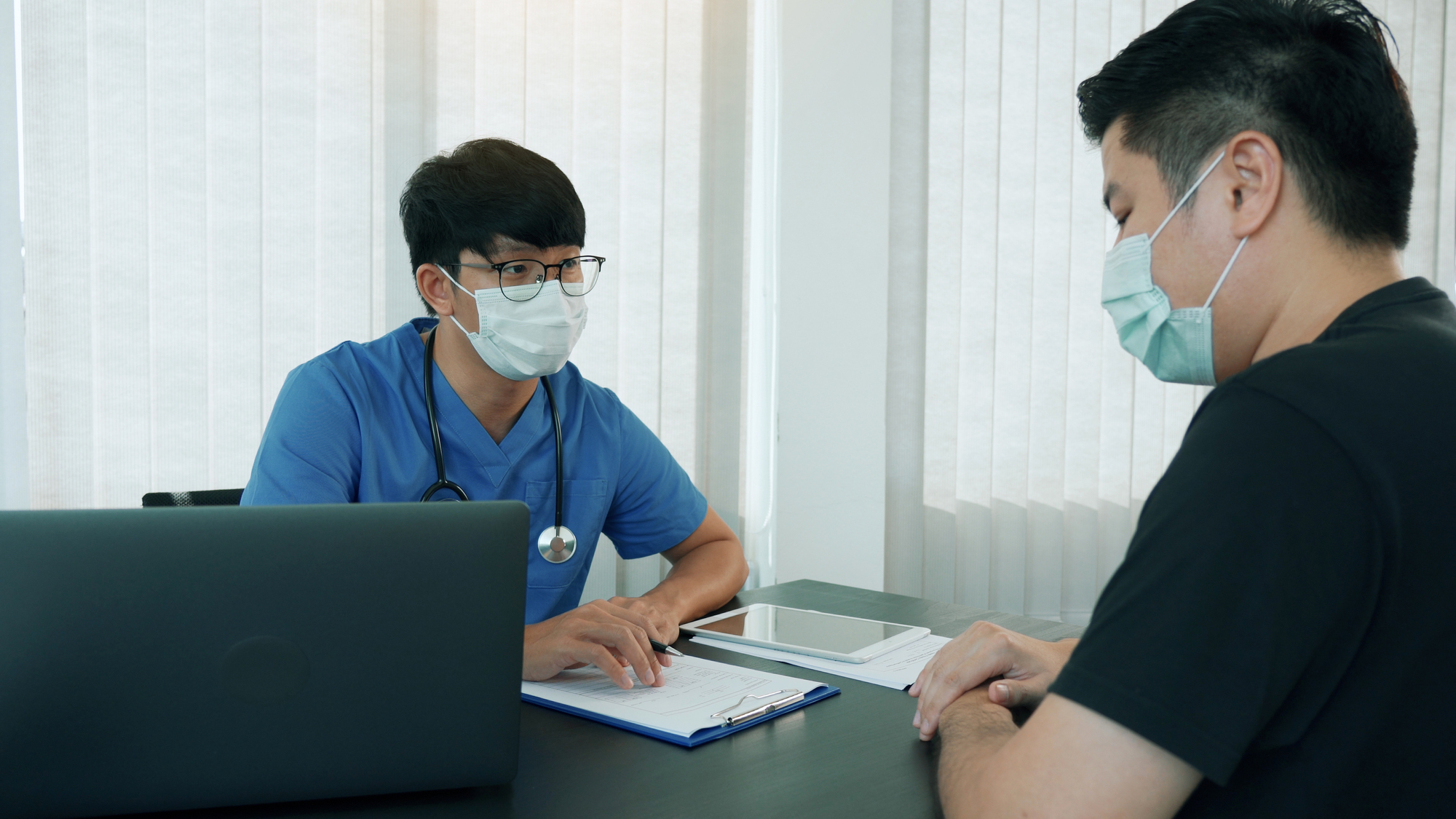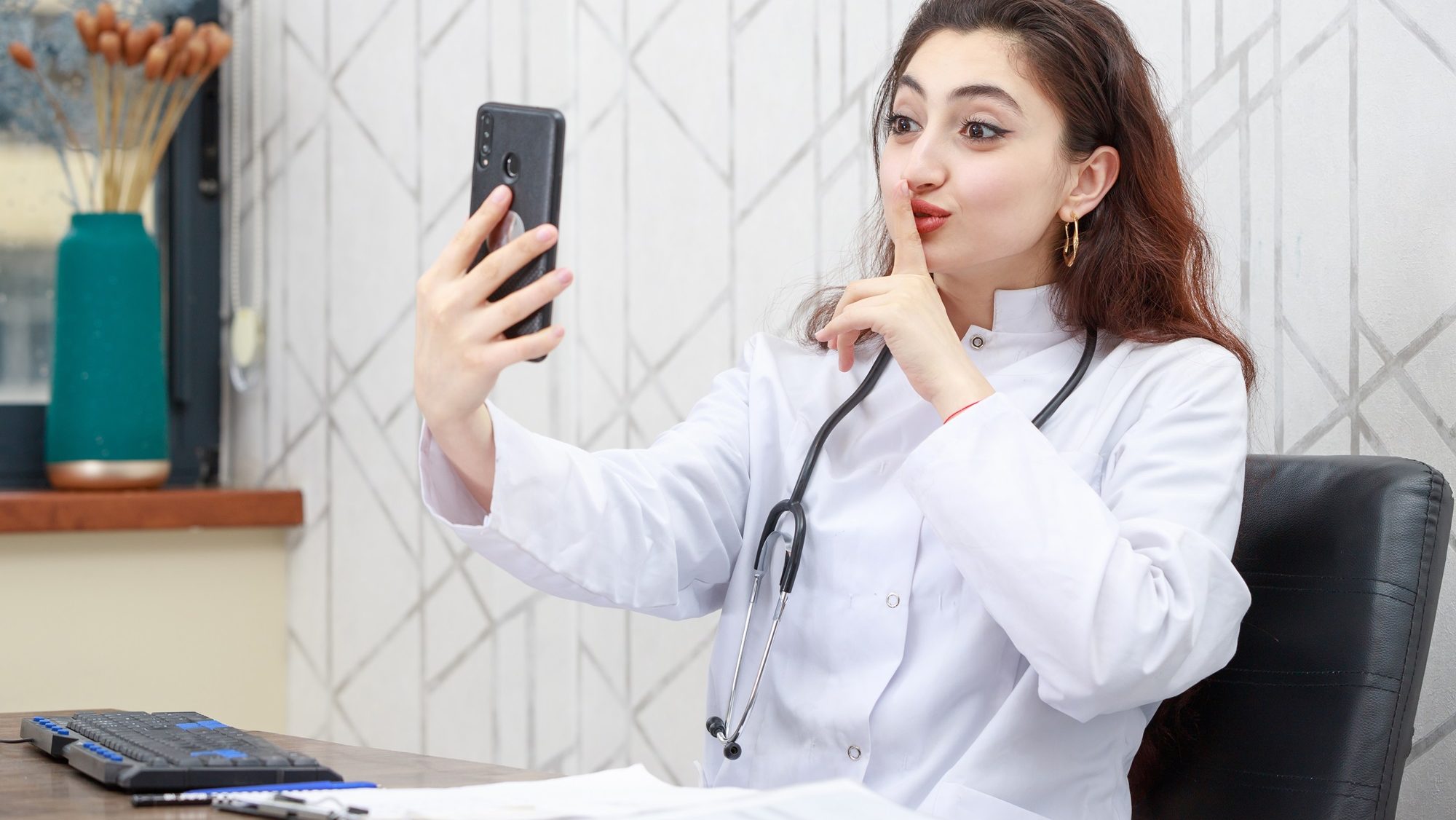SINGAPORE: After the licence of the MaNaDr Clinic was revoked in December by the Ministry of Health (MOH) due to the extremely short teleconsultations that it provided, it announced earlier this week that it has made some changes. On Wednesday (April 2), the clinic’s co-founder and chief executive officer Siaw Tung Yeng said that MaNaDr respected the findings and decisions of MOH.
“While we are not able to govern doctors or clinics as a tech provider, we know we can better ourselves by implementing these guardrails, engaging more with our stakeholders—including clinics and doctors directly—and working closely with the relevant authorities to ensure alignment with best practices,” CNA quoted Dr Siaw as saying.
MaNaDr will require its doctors to hold teleconsultations that last at least one minute before they can issue a medical certificate (MC). Moreover, in a bid to raise the clinic’s standards, MaNaDr will also record all teleconsultations and use artificial intelligence.
The clinic made the news last year after it was discovered that some of its doctors held teleconsultations that lasted less than a minute. MOH referred forty-one doctors who had given teleconsultation services at the clinic to the Singapore Medical Council (SMC) for inquiries into possible professional misconduct. Dr Siaw said on Wednesday that MaNaDr is still waiting for the SMC’s decision regarding the doctors.
Some teleconsultation sessions lasted as quickly as one second, according to reports. The clinic’s “questionable and poor” documentation also came under fire.
MOH already had the MaNaDr Clinic stop its outpatient medical services via teleconsultation by Aug 16 and conducted investigations afterwards. It discovered that “a very large number of cases” seen by doctors at the clinic involved teleconsultations with video calls lasting one minute or even less. Despite these short teleconsultations, doctors still prescribed medications and issued MCs.
MOH said this raised issues about the safety and quality of the care the clinic’s doctors provided to their patients—whether the medicines prescribed and MCs issued by the doctors were based on sound medical grounds. Some patients had even been given several MCs within a short time.
The ministry also found that the doctors kept questionable and poor documentation of their patients’ consultations.
A number of commenters online, while acknowledging that doctors often have a heavy caseload, appeared less than enthusiastic in their reaction to MaNaDr’s announcements,
One wrote, “One min can lah like fast food. Just need to talk faster and diagnose faster to issue MC. If want to make more efficient can consider one doctor, multiple patients at the same time.”
“The credit card waiver process took me at least 10 mins. MC only one min,” another commented.
Some have questioned Singapore’s “MC culture” as well, noting that, in other countries, MCs are not needed if a worker is absent for less than three days. They urged that in Singapore, the trust extended towards employees needs to grow.
“Doctor here–you’re not wrong, but a majority of people who use the app just want the MC, not a real diagnosis. I don’t do telemedicine, but I can say for sure that a good half of users start the consult with ‘Hi Dr I don’t need anything, I just have very bad diarrhea/headache/menstrual cramps and I just need MC to rest, that’s all’—doesn’t take a minute for all these. Which is why all these troubles started in the first place: the users have as much a part to play as the doctors,” commented a Reddit user. /TISG





